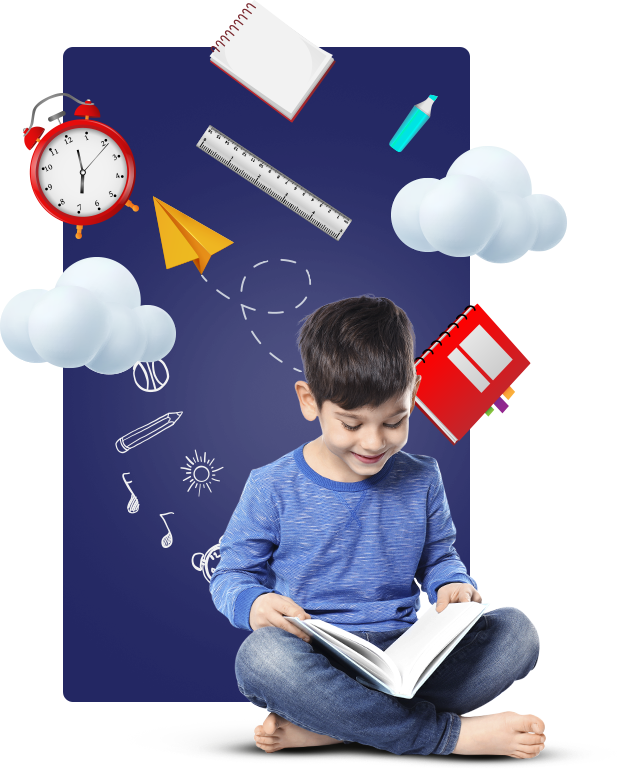Psychopedagogical Clinic
A safe space where therapeutic accompaniment
will be provided
for both Bibliotech students and students from other educational institutions.

What areas do we cover?
Pronunciation, composition of sentences, vocabulary, among others.
Important skills in the development of daily life.
Faculty and Staff
Work Areas

Powered by Solucionweb.com